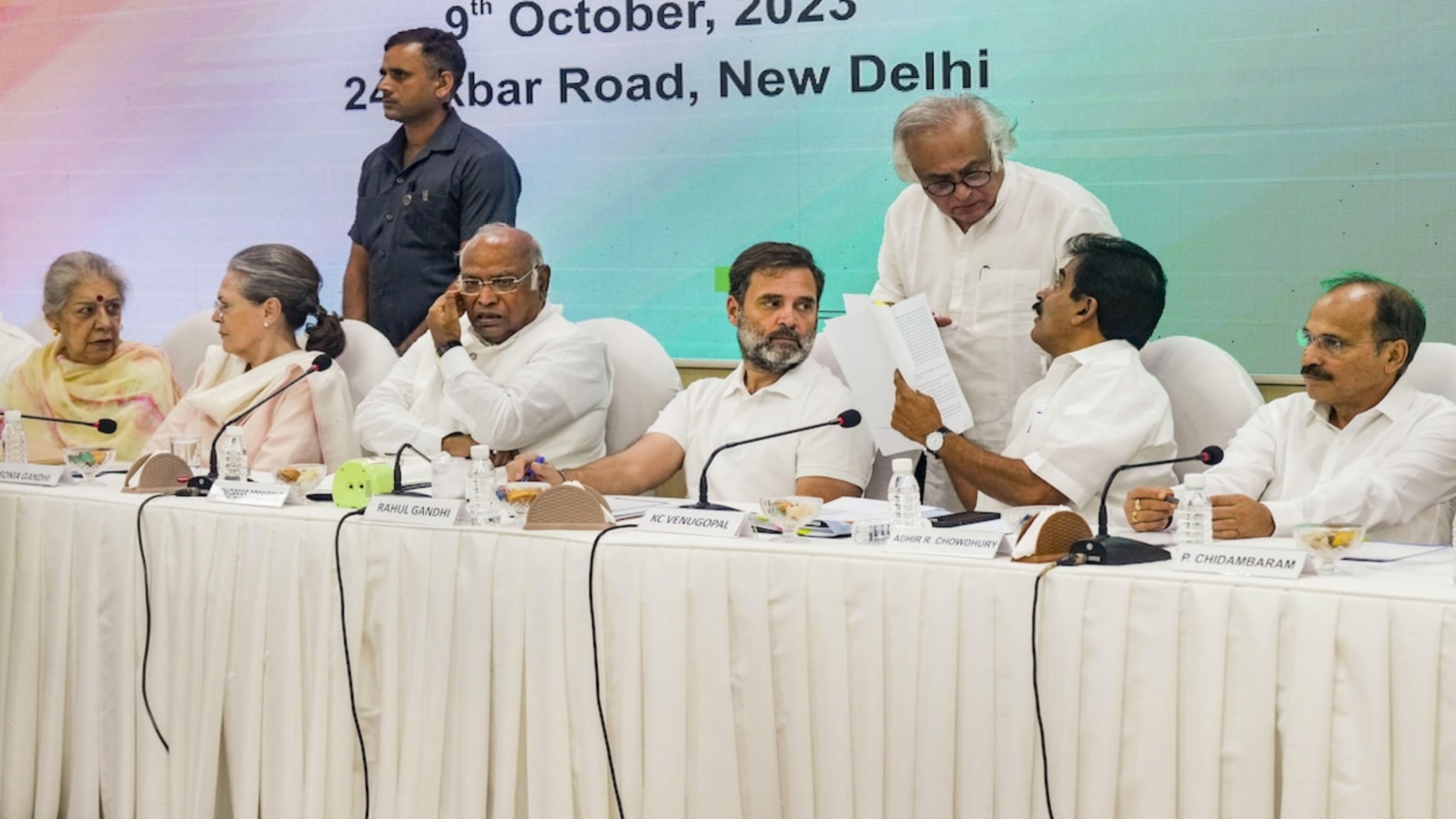In a significant development that has sparked widespread debate and discussion across the nation, Rahul Gandhi, the former Congress president, has come out in support of conducting a caste census in India. This move has been welcomed by many, while it has also faced its fair share of criticism. In this article, we will delve into the details of this announcement, exploring the reasons behind it, the implications it may have, and the overall response from various quarters.
The Call for a Caste Census
1. Understanding the Context
The demand for a caste census is not a new one in Indian politics. It has been a topic of discussion and debate for several years. However, Rahul Gandhi’s vocal support for it has brought it back into the limelight.
2. Rahul Gandhi’s Stance
Rahul Gandhi, during a recent press conference, stated that a caste census is crucial for understanding the socio-economic disparities that exist within India’s diverse population. He argued that without accurate data on caste demographics, it is impossible to formulate effective policies that address the needs of marginalized communities.
3. Congress Working Committee’s Backing
The Congress Working Committee (CWC), the highest decision-making body of the Indian National Congress, has thrown its weight behind Rahul Gandhi’s call for a caste census. This endorsement adds significant political heft to the demand.

The Controversy Surrounding the Caste Census
4. Opposition’s Concerns
While the idea of a caste census has its proponents, it also faces opposition from various quarters. Critics argue that it could further entrench caste divisions in society and be misused for political gains.
5. Data Privacy Concerns
Another key concern raised by skeptics is data privacy. The collection of caste-based data raises questions about how this sensitive information will be handled and whether it could be misused.
6. Political Posturing
Some political analysts view Rahul Gandhi’s support for a caste census as a strategic move to position himself and the Congress party favorably in the run-up to the next general elections.

LIVE: CWC Supports the Idea of a Caste Census in the Country The Potential Impact
7. Policy Formulation
Proponents of the caste census argue that it will provide valuable insights into the socio-economic conditions of different caste groups. This, in turn, can help in crafting targeted policies and welfare programs.
8. Social Awareness
The caste census could also contribute to raising awareness about the persisting inequalities in Indian society, fostering dialogue and discussions around the need for social reform.
9. Political Realignment
The political landscape in India may witness some shifts as parties align themselves either for or against the caste census, which could impact electoral dynamics.
Public Opinion
10. Diverse Reactions
The public response to Rahul Gandhi’s announcement has been diverse. While some view it as a progressive step towards addressing social disparities, others remain skeptical about its potential outcomes.
11. Grassroots Voices
Civil society organizations and grassroots movements have been active in advocating for a caste census for years. Their voices may play a crucial role in shaping the discourse on this issue.
Rahul Gandhi’s endorsement of a caste census in India has brought a contentious issue to the forefront of national politics. While the move has its supporters and critics, it undeniably highlights the importance of addressing socio-economic disparities and fostering a more inclusive society. As the debate unfolds, it remains to be seen how this issue will shape India’s political and social landscape.

